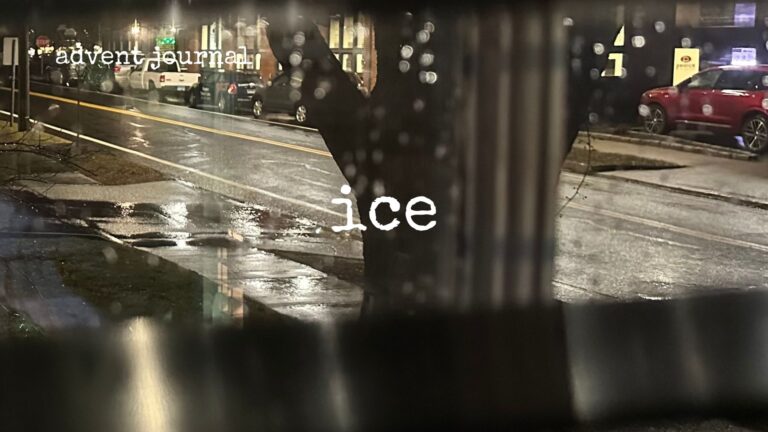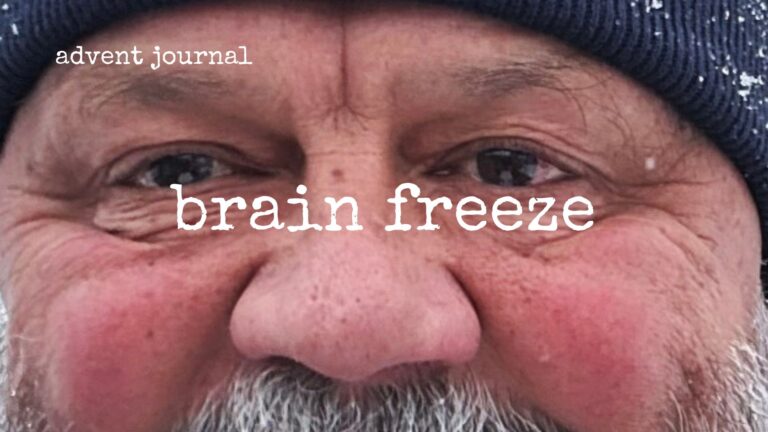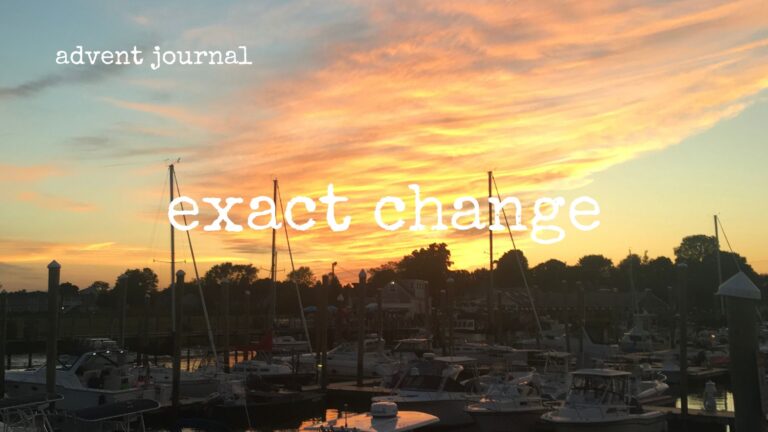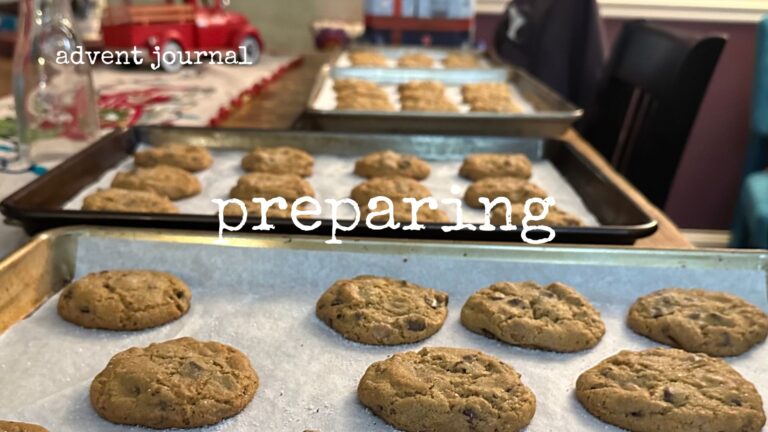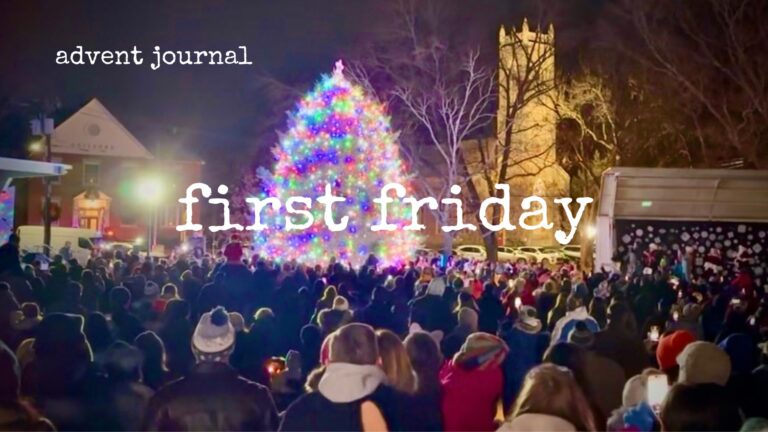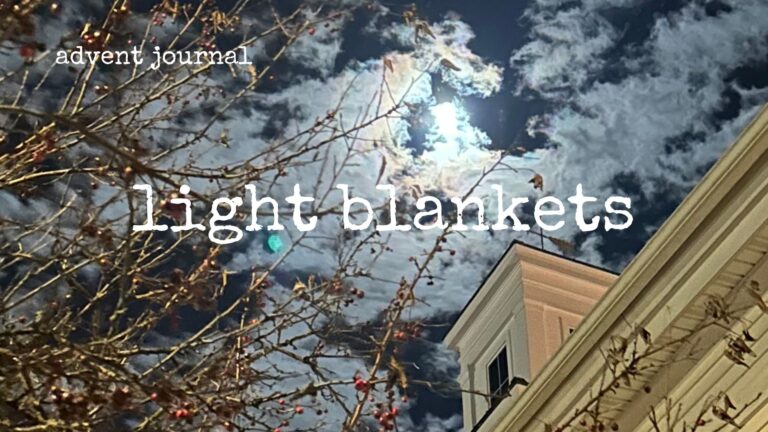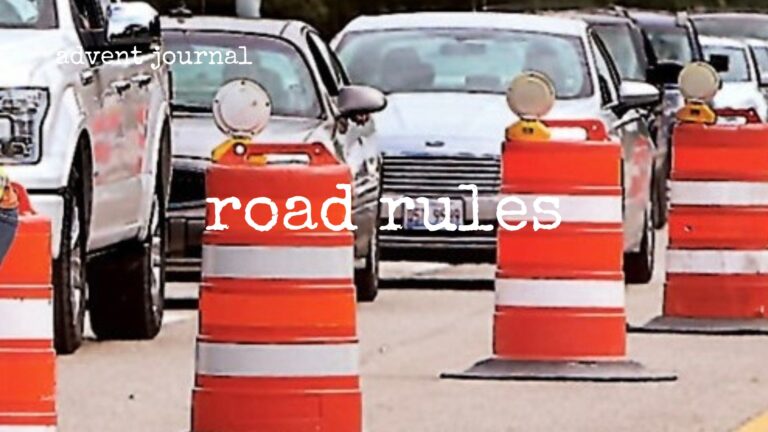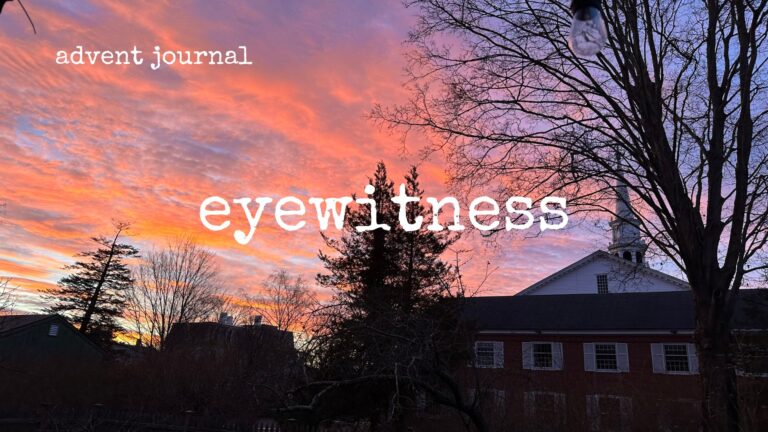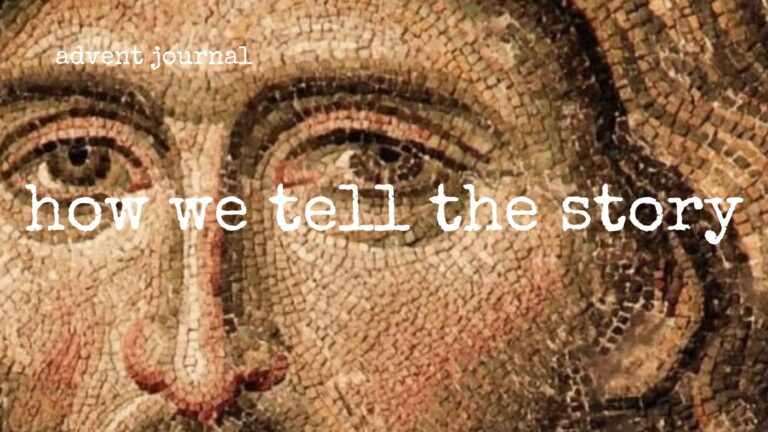This week’s sermon is built around Matthew’s description of John the Baptist, but I wandered a bit through the Christmas story to get to him and ended up thinking about what it takes to exact significant change in our lives.
_______________________________
When we read Matthew’s description of John the Baptist and the things he said to the people who came to be baptized in the Jordan River, where they were all gathered out in the middle of the wilderness, it’s a fair to ask, why are we focusing on him as we mark this Advent Sunday dedicated to hope?
For that matter, Advent is a season of anticipation for the birth of Jesus and our reading is the account of the one announcing the beginning of Jesus’ ministry as a thirty-year-old man. Why are we telling this story now?
For one thing, Matthew doesn’t spend that much time telling us about Jesus’ birth or infancy or childhood. He commits all of seven verses to what we know as the Christmas story, and most of those are about how Joseph reacted to the news that Mary was pregnant. Then Matthew spends a whole chapter talking about the Magi and the things their visit set in motion. (We will look at those stories at Epiphany.) Then he moves directly to John and the things Jesus said and did as an adult.
With that in mind, before we talk about John let’s back up to Matthew’s account of the birth because we can make an important connection there. (Matthew’s primary focus is Joseph; we will hear from Mary next week.)
This is Matthew 1:18-23.
This is how the birth of Jesus Christ took place. When Mary his mother had been betrothed to Joseph, but before they were married, she was found to have a child in her womb through the Holy Spirit. Joseph, her husband-to-be, being a decent man and not wanting to publicly humiliate her, planned to call off their betrothal quietly. But when he thought carefully about these things, an messenger from God appeared to him in a dream and said, “Joseph son of David, don’t be afraid to take Mary as your wife, because the child she carries is from the Holy Spirit. She will give birth to a son, and you will call him Jesus, because he will rescue the people from their offences.” Now all of this took place to fulfill what God had spoken through the prophet: Look! A young girl will become pregnant and give birth to a son, and they will call him by the name Emmanuel, the translation of which means, “God is with us.”
God is with us. As we engage this story in our time and in our culture, it helps to remember that the basic understanding of history in the Hebrew Bible is that the people strayed from God and then God rescued or redeemed them. The name Jesus, in fact, is from the root of the word for rescue or salvation. Whatever happened, they trusted that God was with them.
Joseph (and perhaps Mary) needed to be reminded of that by the messenger because all he could see was dead-end circumstance. The woman he wanted to marry was pregnant. The life they had anticipated—whatever that was—was not going to happen. The angel didn’t tell him any differently, other than to say for him to not break the betrothal. Stay for the birth and name the boy “God is with us,” then stay for the marriage and trust that the name will hold up.
That sense of God’s presence matters when we take a larger view of Hebrew history. It helps to keep in mind is that the Hebrew people lived through a number of exiles and oppressions over many centuries, facing circumstances where the life they had anticipated didn’t happen. A good deal of their story as it is told in the Hebrew Bible centers around those experiences. Often, the way the people understood their difficulties was that they had done something wrong to cause their exile. That’s not necessarily what God said to them, but it was often what they heard. In most every case, the main message that God continued to send was one of redemption, offering the people a chance to repent and start over.
Which brings us to John the Baptist.
The historical moment into which he stepped when he started calling people to repentance and baptism was another moment of oppression and struggle. The Romans were brutal rulers, as we will see when come back to the story of the Magi. John’s invitation for them to make changes sounded like the prophets they had heard about in Bible stories who gave people hope beyond feeling like life was difficult because they had sinned. They could make changes that mattered if they were willing to trust God was with them and see what would happen next.
He was calling them to hope, to trust that the choices they made mattered, even if they couldn’t see how that would all work out. He called them to change their purpose, to change their hearts and lives, to start anew with what they thought God could do through them.
In the centuries since John walked in the wilderness, that sense of that kind of hope hasn’t changed. None of us knows for sure what is going to happen, or how things will work out. What we can do to affect whatever is coming is to make thoughtful, dare I say prayerful choices about what we say, do, and feel; about how we treat other people; about how we spend our time and our money; about how we live out our trust that God is with us.
How, then, can we change our purpose, change our hearts, so that Christ can be born anew in our time?
That’s a big question that doesn’t necessarily require a global answer. I’m not asking how we change the world as much as how we change ourselves because that is how the world actually gets changed. Hope requires specificity, so here are three specific things to consider.
First, I invite you to daydream about who God wants you to be and what God wants you to do within your spheres of influences. Are you doing the work you feel that is most true to yourself? How can you affect the primary relationships in your life? Who do you feel call to become?
As you hold that question, I ask you to think of one specific element of your life that you would like to change, that you would like to repent. Let me offer an example. Most every fall is difficult for me because the shrinking daylight is like rocket fuel for my depression. I spend most of November and December feeling crushed by the weight of it all and doing what I can to hold on till the Solstice and the promise of longer days.
Thanks to some suggestion I read or heard somewhere, I decided to commit to getting up morning at around five so that I was awake for the sunrise. I make the coffee and I sit at my desk, which is in front of a window, and I watch the dawn break as I do the crossword and then read. Somehow that change has given me new life. I have had a burst of creative energy rather than feeling like I was falling into a hole.
Let me be clear: depression is not a sin. It has been something in my life that has kept me from being my full self, from being able to see that I am wonderfully and uniquely created in the image of God and worthy to be loved. The change I have made—my repentance, if you will—has not been because I did something wrong as much as I changed a behavior to make me more available to the world and to God.
Repentance can have a number of faces, so let me ask the question again. What one specific element of your life would you like to change?
The last question requires us to think about our lives together. What change do you think needs to happen in one element of your communal life—here in this church, in your neighborhood, in Hamden, at work—that you can contribute to with a change in what you say and do, or how you spend your time and resources?
We will go from this service to share a meal and talk about our budget for the coming year, which is actually a discussion about who we are as a congregation and who we think God is calling us to be. Do we have ways in which we need to change our purpose or change our hearts?
The hope that underlies repentance is that when we change ourselves we change the world. May we live boldly into that kind of hope. Amen.
Peace,
Milton
